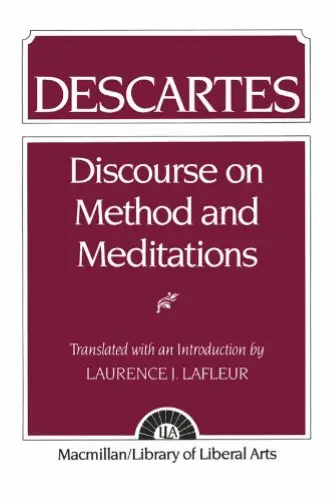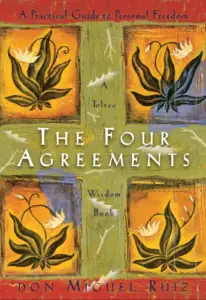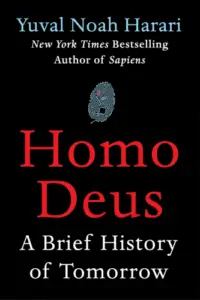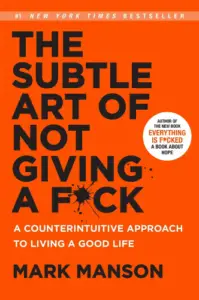Discourse on Method and Meditations
Book Author: René Descartes
Summary reviewed by:
Terrence Timmons
Terrence Timmons
Analyst
Bachelor of Arts (BA), University Of California, Santa Barbara 2019
With over 4 years of experience as an analyst. Terrence Timmons is committed to analyzing summaries without compromising on quality.
Discourse on Method and Meditations: Summary
Unleash the boundless power of human cognition and ascend the stairway to true knowledge! "Discourse on Method and Meditations" by René Descartes lays the foundations of modern philosophy, unearthing the intellectual process which is sure to enlighten the diligent reader. This book begins with the "Discourse on Method", which sets forth a groundbreaking philosophical procedure: the method of doubt. Herein, Descartes champions the virtues of intellectual self-reliance and skepticism, urging the reader to suspend all preconceived notions, to doubt all they have been told, and to rely solely upon the clear and distinct impressions of their own minds.
Following this enlightening discourse, we proceed to the "Meditations". Six in total, these meditations undertake a rigorous metaphysical exploration into the nature of the mind, the concept of the self, the existence of God, and the certainty of knowledge. In the first meditation, we wrestle with profound skepticism, questioning the reliability of our senses. We find solace in the second meditation, arriving at the indubitable truth of our existence: "I think, therefore I am".
The journey continues through the next four meditations, which cumulatively strive to reconstruct our knowledge, based solely on the principles of clear and distinct perception. These meditations, rich in metaphysical contemplation, reaffirm the existence of God, distinguish between mind and body, and seek to confirm the external world's existence. The book thus guides us from the abyss of radical doubt to the certainty of existence, and the certainty of God.
Discourse on Method and Meditations: Genres
Philosophy
Metaphysics
Epistemology
Rationalism
Discourse on Method and Meditations: Themes
Radical Doubt: Descartes encourages skepticism towards all previously held beliefs. For example, in the first meditation, he casts doubt on the senses as a reliable source of knowledge, considering the possibility of dreams and an evil deceiver.
Self-Existence: Descartes examines the concept of the self. He famously concludes in the second meditation, “Cogito, ergo sum” (I think, therefore I am), asserting the certainty of his existence.
The Existence of God: A central theme is the proof of God’s existence. In the third meditation, Descartes posits that the idea of a perfect being (God) cannot originate from an imperfect being (himself), thereby asserting God’s existence.
Mind-Body Dualism: Descartes explores the distinction between mind and body. In the sixth meditation, he argues that mind and body are distinct entities, establishing the foundation for Cartesian dualism.
The External World: Descartes questions the existence of the external world. By the end of the meditations, he argues for its existence, but only as something perceived by the mind, informed by God’s existence and the notion that God is not a deceiver.


Discourse on Method and Meditations
Date Published: 1641
Disclaimer: As an Amazon Associate I earn from qualifying purchases.




